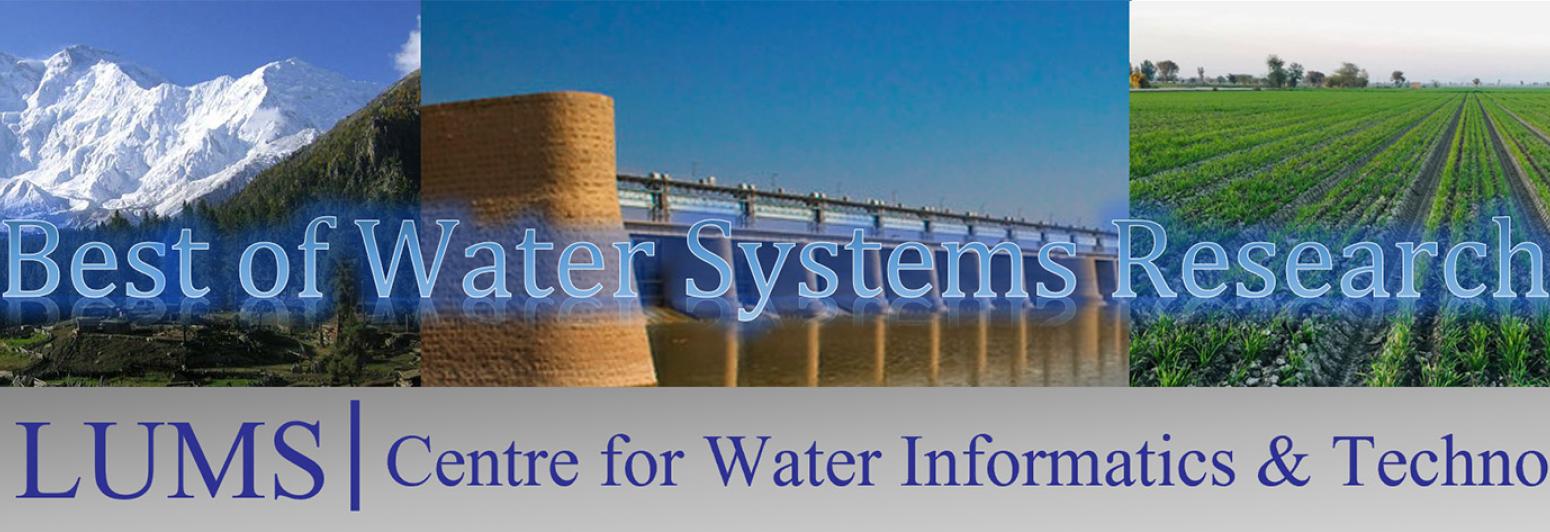
to
Speaker: Dr. Afreen Siddiqi, Research Scientist, Department of Aeronautics and Astronautics, Massachusetts Institute of Technology (MIT), Adjunct Lecturer, Harvard Kennedy School.
Moderator: Dr. Talha Manzoor, Assistant Professor, WIT
Details and registration: Best of Water Systems Research - Seminar Series 2021 | Center of Water Informatics and Technology (lums.edu.pk)

